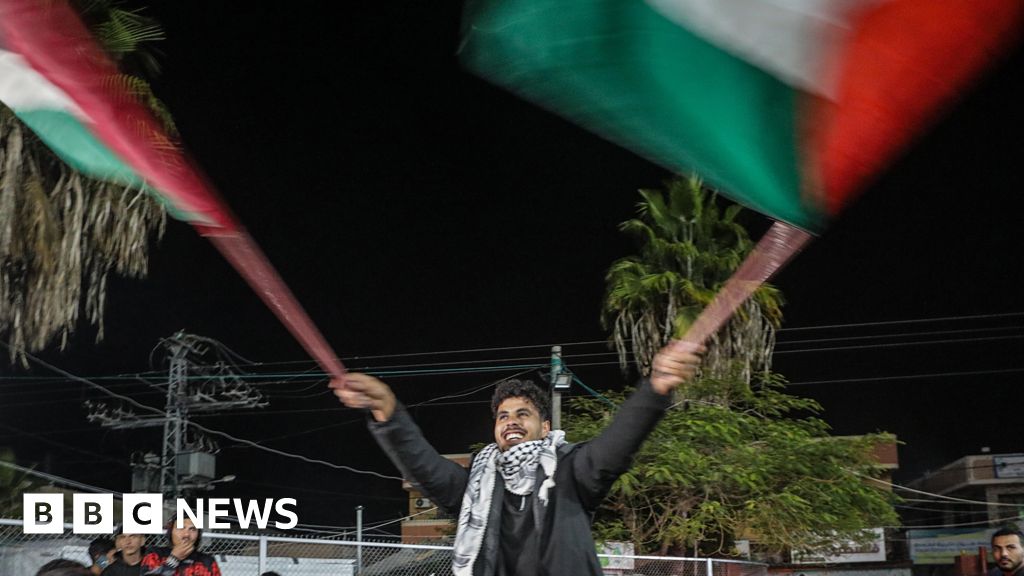**Gaza Ceasefire: A Long Overdue Achievement**
A ceasefire in Gaza has been agreed upon, bringing an end to a long and bloody conflict. This is a significant achievement, but it’s also been a long time coming.
Since last May, different versions of the agreement have been on the table, but negotiations have been slow and difficult. Hamas, the Palestinian group that controls Gaza, has blamed Israel for the delays. The war in Gaza was sparked by Hamas attacks on 7 October 2023, which killed over 1,200 people, mostly Israeli civilians.
**The Devastating Consequences**
As a result of Israel’s response to the Hamas attacks, Gaza is now in ruins. Over two million people have been displaced from their homes, and thousands more have been killed or injured. According to Hamas’ health ministry, nearly 50,000 people were killed by Israeli attacks – although some experts believe this number may be an underestimation.
**A Delicate Situation**
The first challenge is to ensure that the ceasefire remains in place. Senior Western diplomats are worried that the war could resume after the initial 42-day phase. The Gaza conflict has had a huge impact on the Middle East, causing geostrategic turmoil and weakening key players like Iran.
**Long-Term Consequences**
Hamas is still capable of fighting, but it’s been severely weakened by the conflict. The International Criminal Court has accused Israel’s Prime Minister Benjamin Netanyahu and his former Defence Minister of war crimes, while the International Court of Justice has opened an investigation into a case where South Africa accused Israel of genocide.
**A New Era?**
The ceasefire in Gaza doesn’t end a century-long conflict between Israel and the Palestinians. But it could be a step towards peace, bringing an end to killings and allowing Israeli hostages and Palestinian detainees to return home. The long-term impact on the Middle East remains to be seen.




